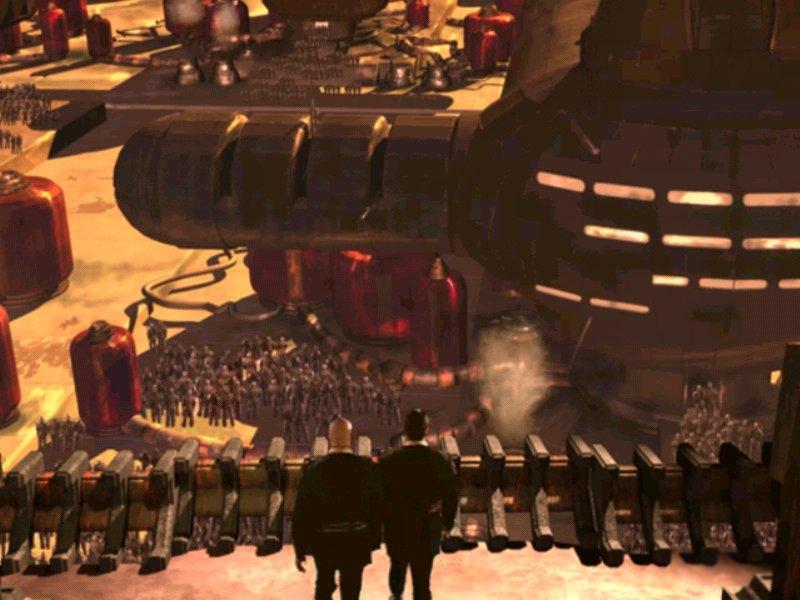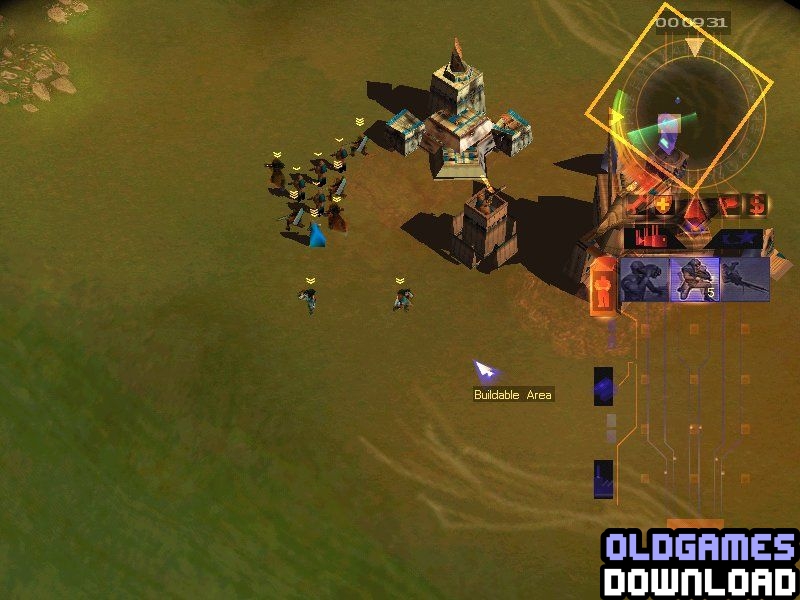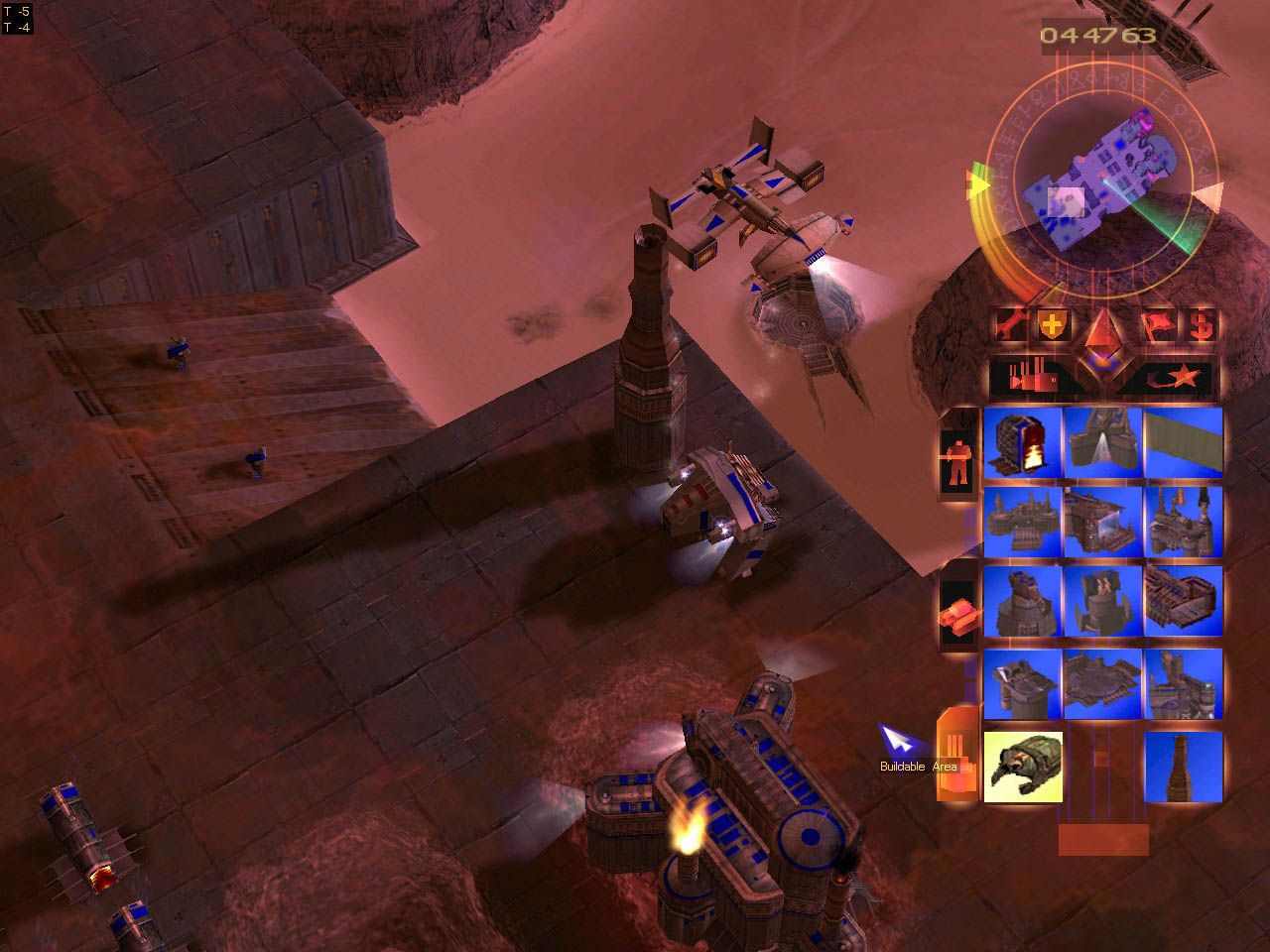

In particular, it is a sequel to Dune 2000, carrying on from where it left off, with several of the characters and actors returning. While Dune II was a totally distinct story to that of Dune, and Dune 2000 was a remake of Dune II, Emperor is a direct sequel to the previous games. It is the third real-time strategy game set in the Dune universe, following its predecessors, Dune II and Dune 2000. It is based in Frank Herbert's science fiction Dune universe. Inter-mission chats with your house mentor added flavour and set the stage for Command & Conquer to build these into full FMV briefings.Emperor: Battle for Dune is a Dune video game, released by Westwood Studios on June 12, 2001. The Ordos went off-script, but the idea of a faction that could turn the allegiance of enemy units was neat. Worms circle your harvesters and can plague battles, encouraging you to move tanks between patches of safe rock.

The desert is always trying to reclaim your buildings, and your bases feel like temporary outposts at best. It’s understandable that future RTS games wouldn’t require you to sluggishly lay foundations before building structures, but it’s perfect for the punishing desert climes of Arrakis. I used to jump with fear when a roaring sandworm popped up to chomp a spice harvester.

A rippling of sandy pixels hints at the presence of a terrifying sandworm. Suddenly those little red boxes are powerful Harkonnen battle tanks. Clever little thumbnails in build queues give your imagination just enough to work with.

It’s also difficult to capture Dune’s weathered vision of the future from a top-down perspective and just a few pixels per unit to work with. Real time strategy games would be quite different today if Westwood had chosen to adapt the novel differently, and an RTS is an unusual framework for a story about power and political intrigue.


 0 kommentar(er)
0 kommentar(er)
